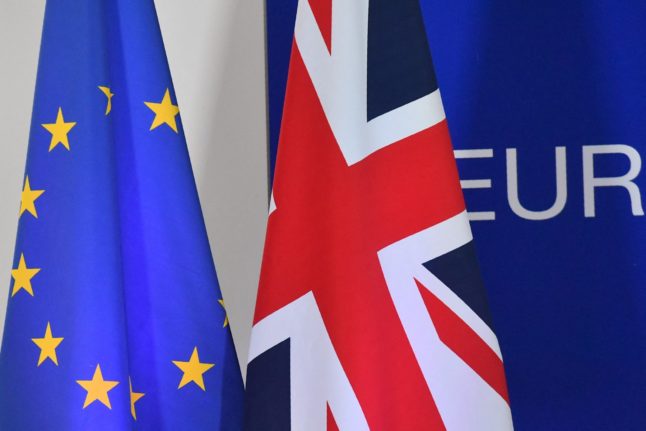France declared a State of Emergency in March 2020 because of the Covid pandemic, and that state has been extended several times.
From August 1st, however, that is officially lifted, although the government does retain certain powers to impose Covid travel rules.
The key difference for those travelling, is that the end of the State of emergency means the end of all Covid-related restrictions at the border.
Travellers to France – regardless of country they are travelling from – no longer need to provide either proof of vaccination or a negative Covid test, an attestation that they are free of Covid symptoms or any justification for their journey.
Basically, travel goes back to how it was before the pandemic with no requirement for health-related paperwork. For full details, click HERE.
However, the government has retained the right to reinstate compulsory Covid testing at the border if the health situation changes – for example in the case of the emergence of a concerning new variant.
This can be done if the Health Minister has reported its necessity and “after the opinion of the competent scientific authority” and does not require a debate in parliament to impose, which means that new rules could be imposed quickly. The exact nature of the testing rules would depend on the severity of the new outbreak.
READ MORE: What are the new Covid rules as France scraps its State of Emergency?
The ability to bring in extra testing for those entering or leaving France – if the health situation requires it – remains in place until March 31, 2023. It can be extended from that date if parliament agrees.
The wearing of masks on public transport such as trains, taxis and the Metro remains “strongly recommended” but is no longer compulsory. Airlines have the right to impose mask rules as a condition of travel, so you should check with your carrier before you travel.
Once in France the majority of Covid-related restrictions have now been lifted – you can read more here.
Some countries still have requirements for vaccines or testing at the border, so if you are travelling from France, check with your destination country on their rules.



 Please whitelist us to continue reading.
Please whitelist us to continue reading.
Member comments